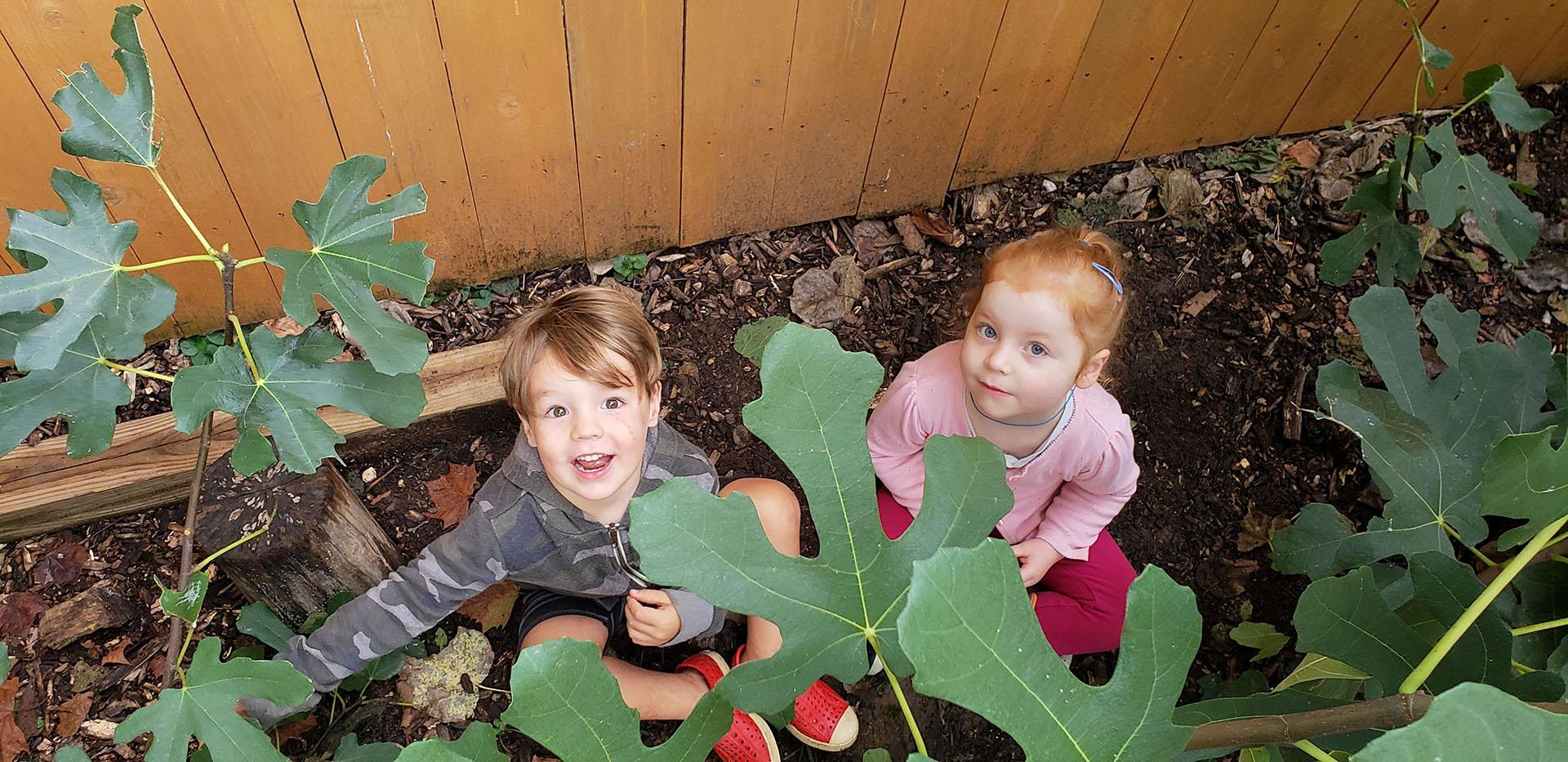
Our Programs
Tulip Classroom (Emerging Toddler)
As a branch of the Toddler Program here at LFP, the Emerging Toddler classroom aligns with the same principles and a very similar classroom environment. However, the Emerging Toddler program consists of four children, ages 15 months - 18 months. Typically this cohort will grow together throughout the year.
As emerging toddlers, the children have transitioned out of their infanthood, and now are experiencing rapid development such as speech and mobility as they grow into their toddlerhood. Because all children in the Emerging Toddler program are required to have started walking by the time they join, we are able to continue supporting them with their gross motor skills. We focus on helping the children explore the new levels of autonomy that they are growing into. Our classroom offers an environment based upon free choice and an increase in opportunities to partake in the care of oneself. We place a focus on their social and emotional development during this time as well. We guide them through their journey towards self-regulation and experiencing new social interactions. We provide support for our emerging toddlers as they continue to experience the world around them during this stage of their development.
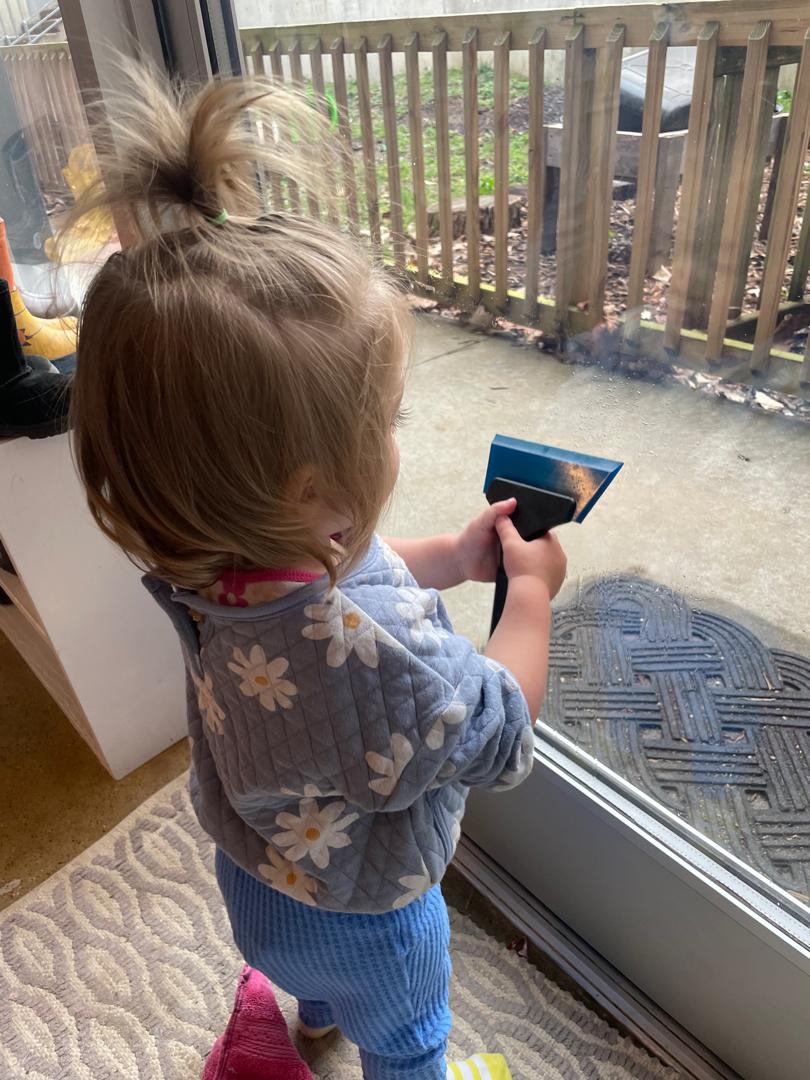
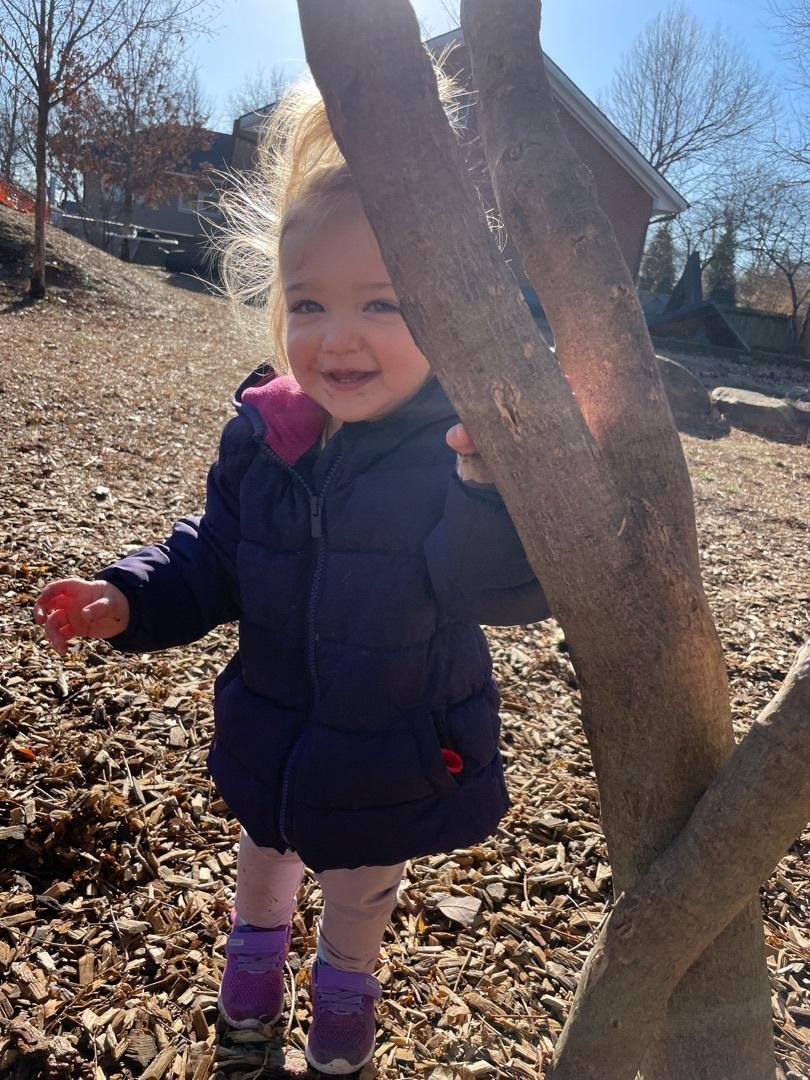
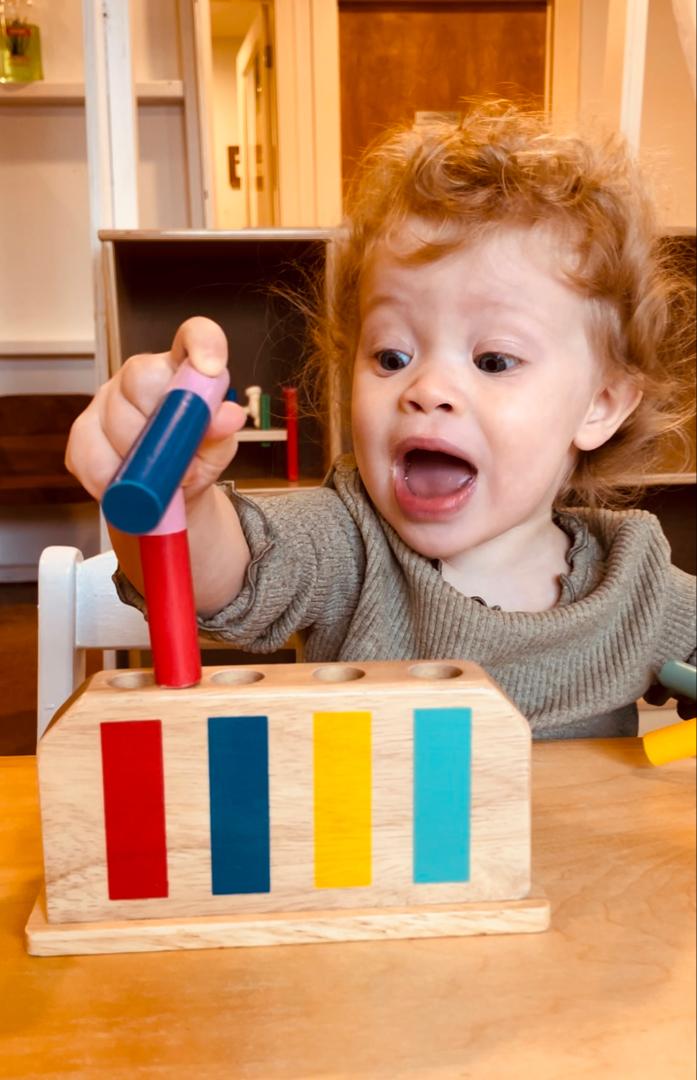
Poppy Classroom (Toddler)
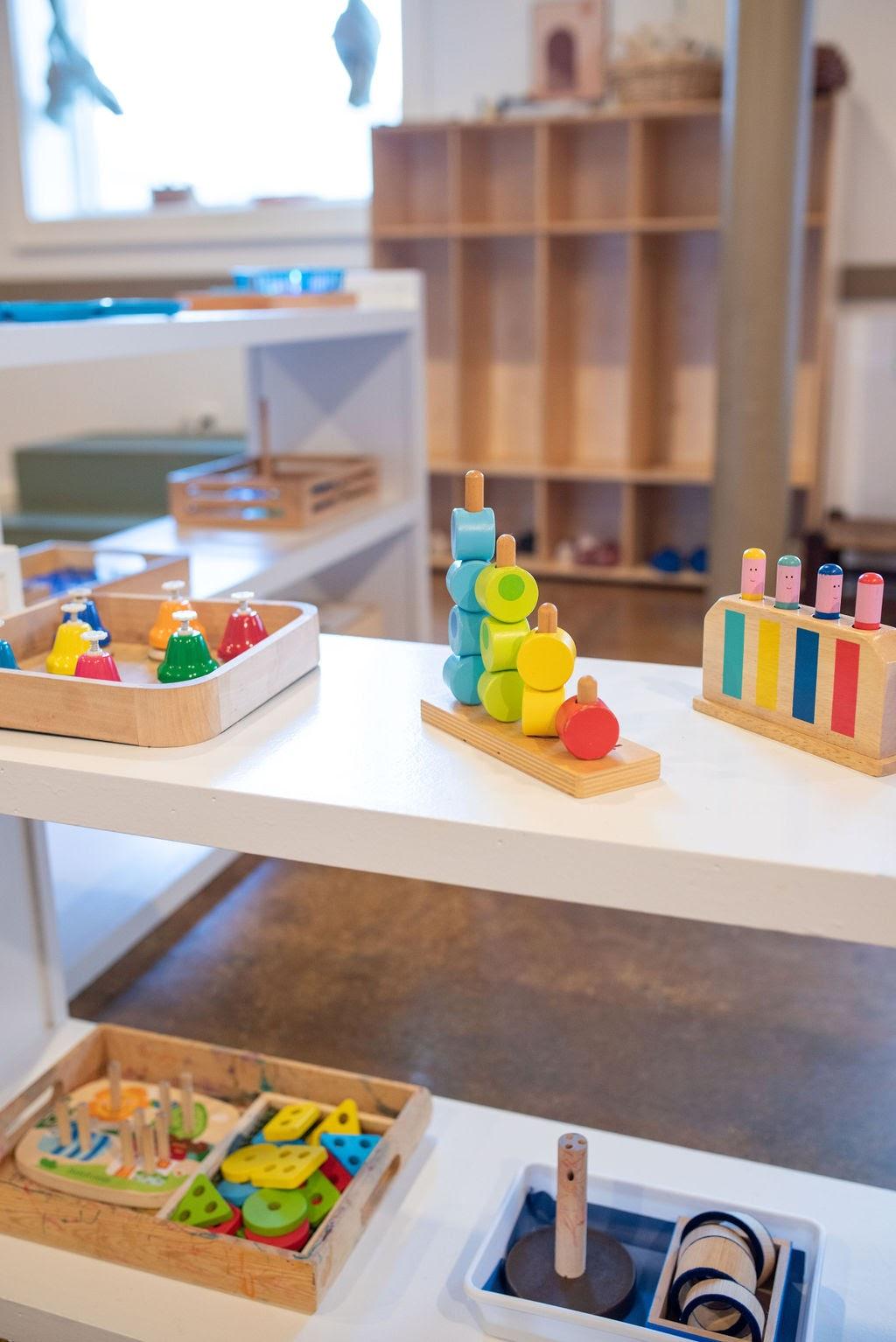
Classroom Environment
Our toddler program begins enrolling children at 18 months through age 2. Children are free to explore their environment and express themselves throughout their learning experiences. Our classroom is carefully designed for everything to be child-sized and accessible. By modeling intentional care for the environment, children are an active participant in creating and maintaining a beautiful space around them.
Our classroom allows for children to engage all of their senses. From food preparation and tastings, to music activities and messy art play! We create hands-on activities that encourage tactile play. And we cannot forget about nature play! Children enjoy one hour, twice a day to experience unstructured outdoor play in all weather!
In our classroom we dedicate ourselves to assisting the children with their bathroom independence. We perform standing diapering changes with the children, which helps provide them with a sense of autonomy. The use of this method allows children to be a part of the bathroom process, rather than subject to it. They participate in the process by grabbing their own materials (wipes, diapers, ect.), and they are able to work on self care skills such as dressing and undressing themselves.
Activities in the Classroom
We admire the natural curiosity of children. We believe that children are self motivated learners who are ready to explore and connect with the world around them. Every available work for the children is intentionally designed to be visually and physically accessible. Children freely explore a range of stimulating works involving:
Practical life
satisfying the need for purposeful work, concentration, and hand-eye coordination
Manipulatives
exercising fine motor skills
Sensory
tactile play, engaging the senses, developing language
Language
broadening vocabulary, expanding memory, focusing, and developing problem solving skills.
Gross Motor
using big-body movements such as climbing and sliding in a dedicated section of the classroom
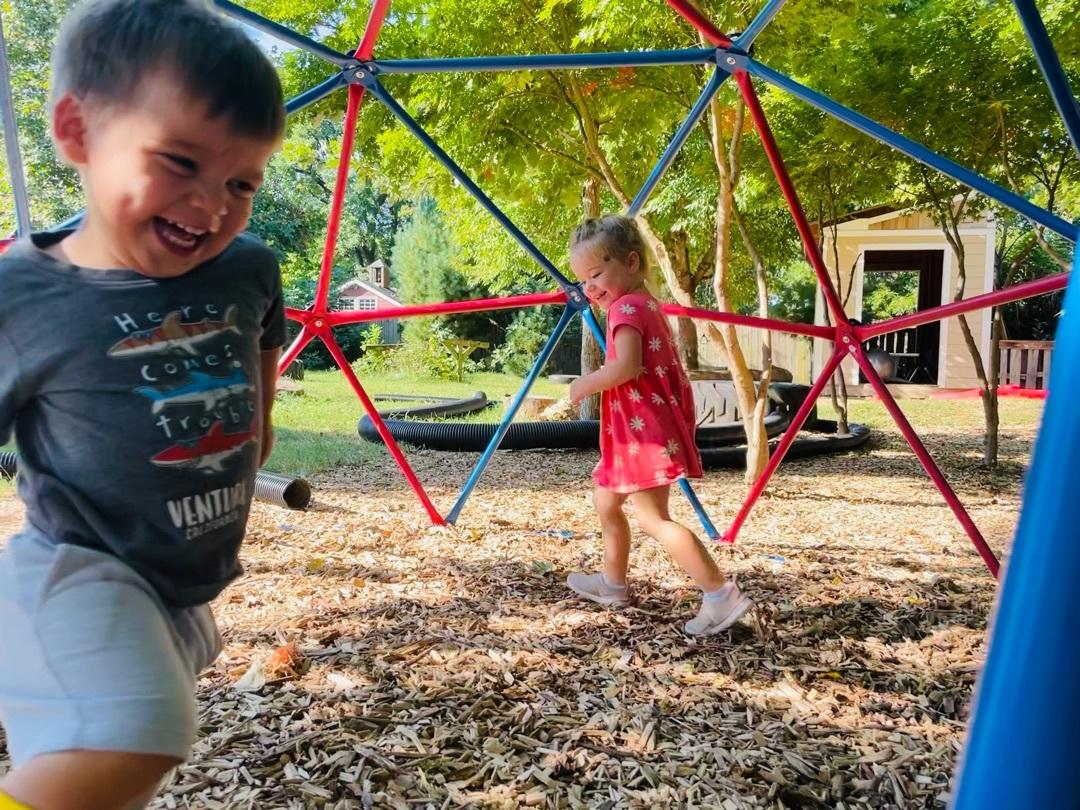
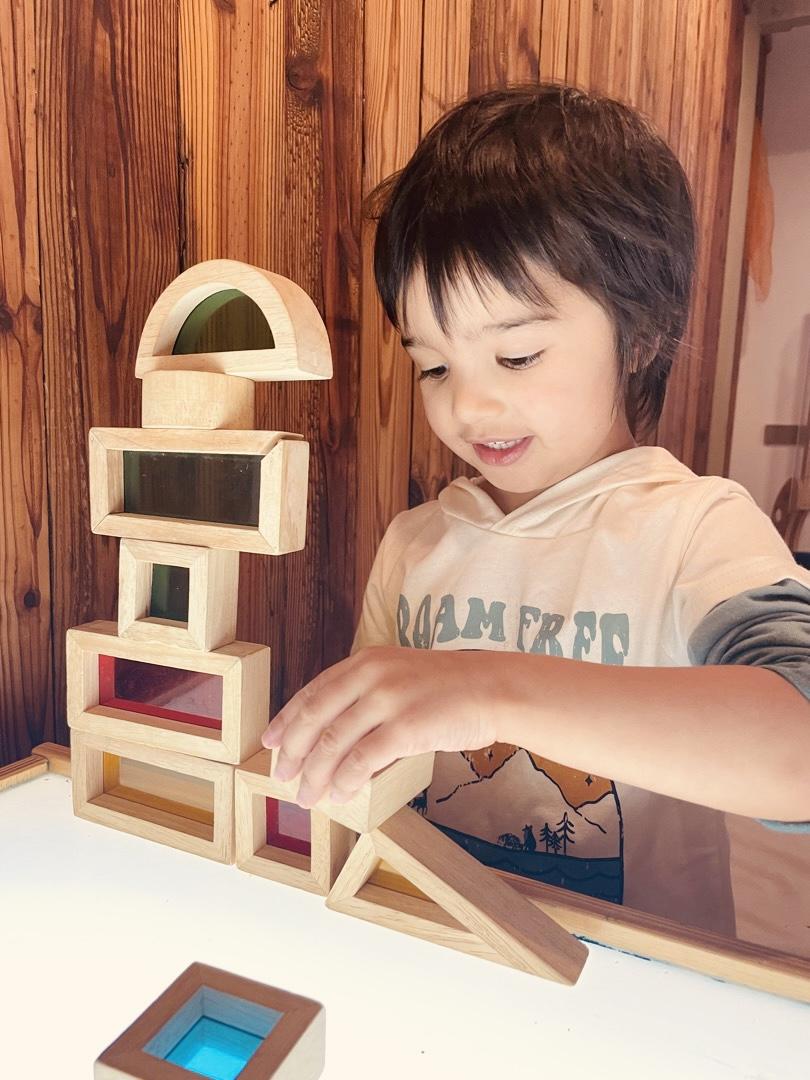
Guiding Principles
Our guiding principles are respecting the child, above all else, and creating a space for children to explore their freedom within limits. Our classroom provides children with the opportunity to learn at their own pace and their own timing.
As part of a community, teachers lead through example by embodying grace and courtesy. Our teachers model how to trust and respect oneself, others and the surrounding environment. We value each child for the unique individual that they are, and strive towards educating the whole child. We place a strong emphasis on social and emotional intelligence and development. We emulate patience, kindness, understanding as we respect the feelings of the children, and model how they can also support their peers.
Sunflower Classroom (Primary)
Classroom Environment
Our primary program begins at age 3 through age 6. We focus on the fundamentals of the Montessori method, and we follow the teachings of Maria Montessori. We believe in creating an environment and space where children are free to guide their own learning. Naturally curious, children are self motivated learners, ready to explore and connect with the world around them. Children spend two hours outdoors when they enjoy unstructured play in their natural environment.
In our Montessori classroom, we enjoy seeing the benefits of a mixed-age classroom. Allowing children to interact with friends who are older and younger helps foster a sense of community within the classroom. Children have the opportunity to look up to role models in the classroom, and to also be those role models to others.
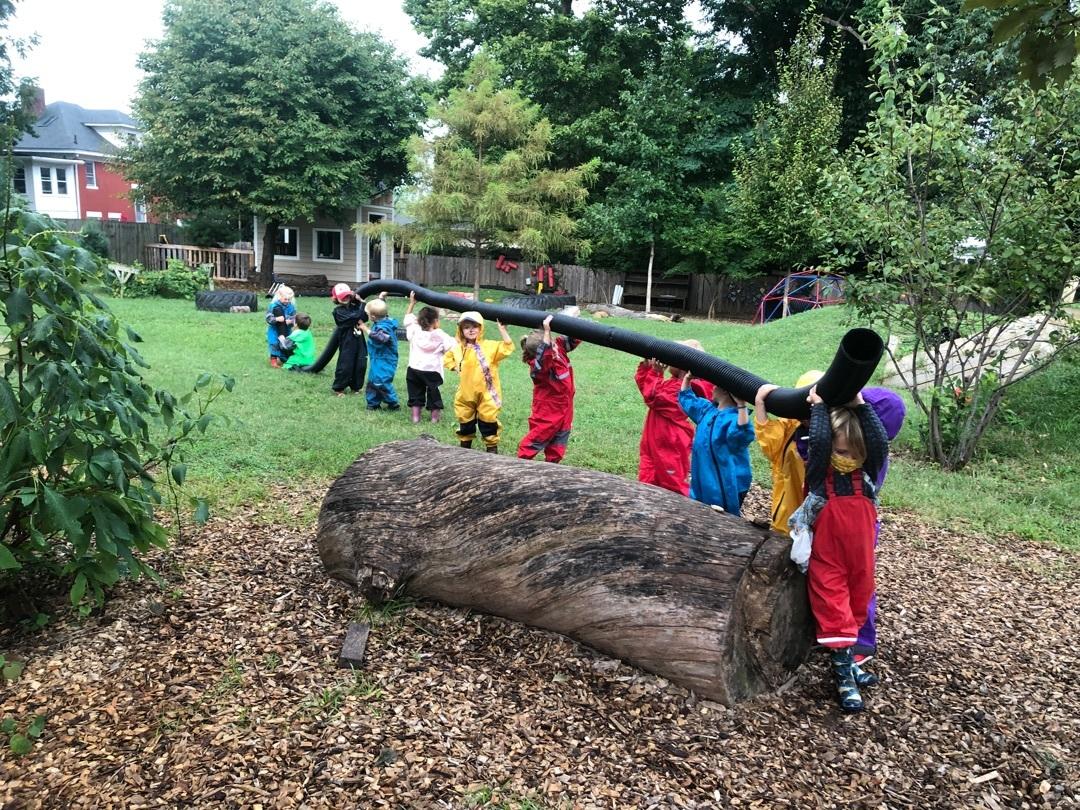
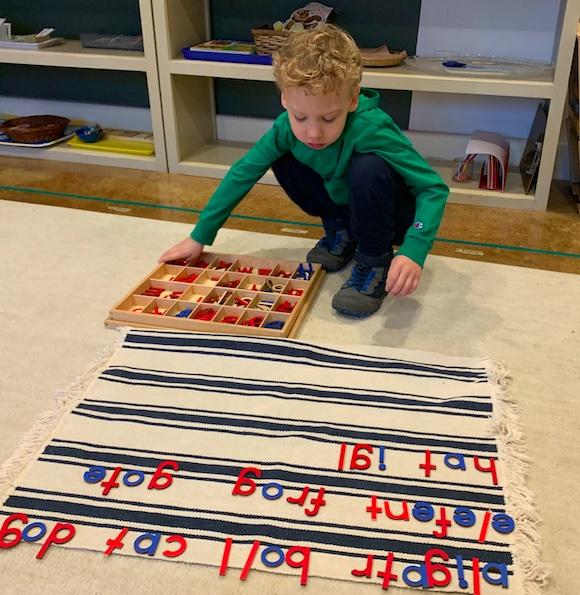
Available Works and Activities
Everyday children are offered to participate in Practical Life works. We know that children have a natural urge to partake in the activities of daily living and participate in family life. Simple chores that adults may take for granted fascinate the child, engaging them in the meaningful learning of life skills. Practical Life activities help children develop and coordinate movement, awareness of the environment, orderly thought patterns, independent work habits, and responsibility. Practical life includes:
Preliminary Exercises
preparing the fine motor skills for more challenging activities (carrying a tray, pushing in a chair, etc.)
Care of the Environment
learning to respect and care for the tools in the space where the child lives and learns (food preparation, dusting, washing, polishing, etc.)
Care of the Person
learning the basics of self-care skills (hand washing, nose blowing, dressing, nutrition, etc.)
Grace and Courtesy
learning social skills (walking carefully, communication, manners, table setting, hosting a guest, etc.)
The Montessori classroom additionally focuses on sensorial activities as well. Sensorial activities lay a foundation for math, language, science, geography, art, and music.
Math
Montessori math works make the abstract concepts of mathematics concrete for hands-on learning.
Language
Children are immersed in language the moment they enter the classroom. The Montessori classroom provides children with countless opportunities for rich oral and written language experiences.
Science
Children are exposed to the natural world through a science curriculum that is multi-sensory and based in the scientific method.
Culture
The diversity of our world is celebrated through language, music, art, traditions, food, stories, and history. A variety of cultural themes are integrated into all curriculum areas.
Art
In the Montessori environment, open-ended art activities are provided that help children explore and use their creativity. When it comes to art making for the child, the focus is on the process rather than the product of any activity.
Music
Informal and formal music education occurs through singing, listening to music, playing instruments, and exploring sound.
Physical
Movement is built into all Montessori activities, allowing the child to develop gross motor as well as fine motor skills.
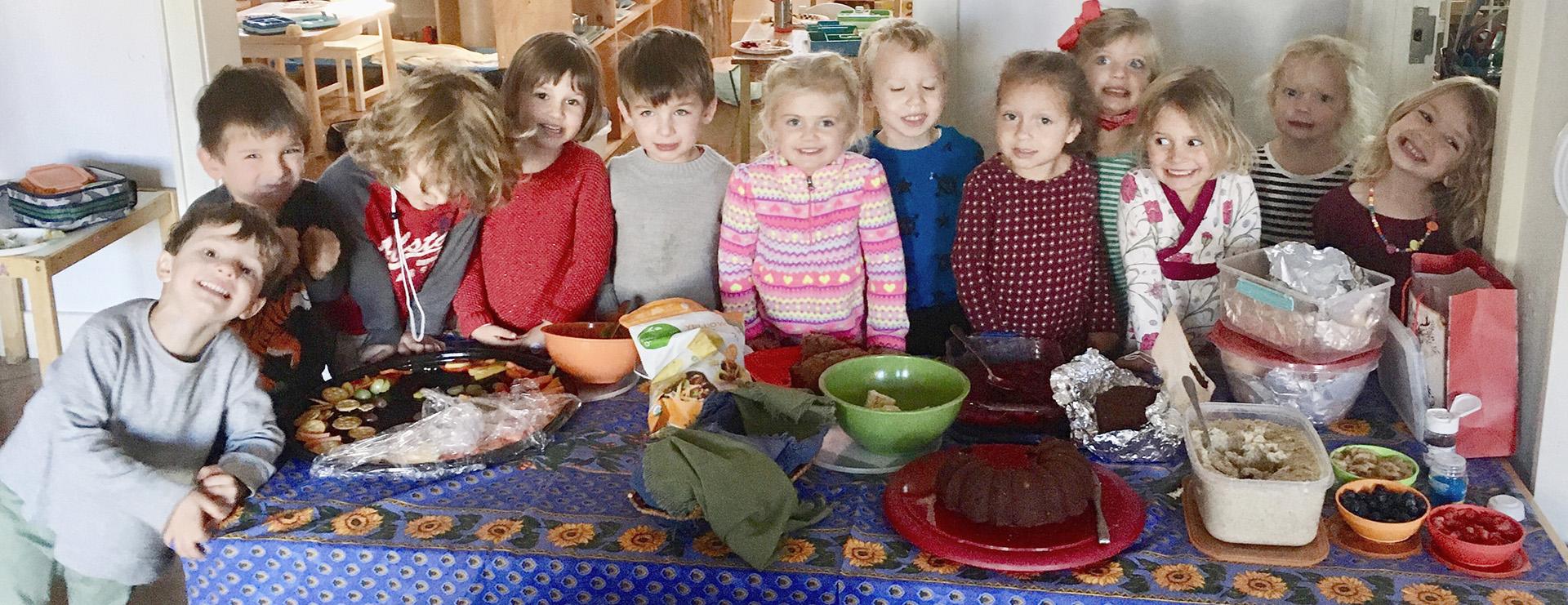
Guiding Principles
We believe that peace education is an integral part of the Montessori classroom and begins with the adults in the environment modeling treating others and self with kindness and respect. We emulate the grace and courtesy that we wish to see in the world.
We value the importance of peace education and extending peace and courtesy to one another. We nurture their social and emotional development and create a safe space for them everyday. We believe that children are capable and we prepare an intentional environment where they can successfully grow. By giving children a space where they can be independent, they have hands-on experience to learn about the world around them, and realize their place in that world. We see them grow tall and towards the light, much like Sunflowers. Children have the opportunity to look up to role models in the classroom, and to also be those role models to others.
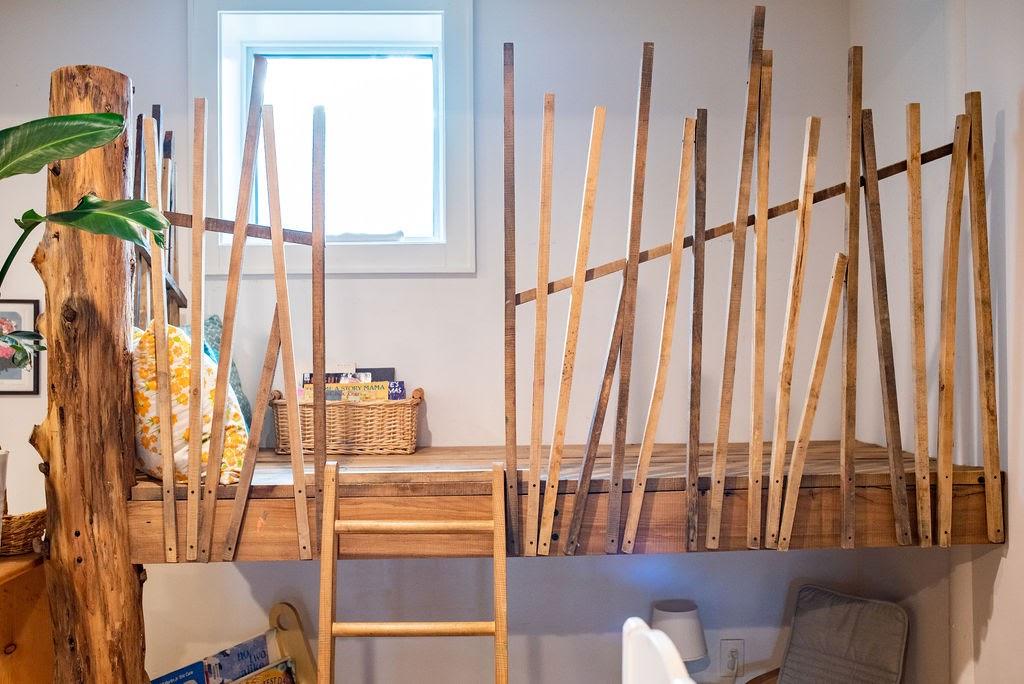
Programs and Tuition
- Returning Families: $50 per child
- New Families: $300 per child
Tuition is paid in monthly installments or in a lump-sum at the beginning of the child’s enrollment. There will be a 10% sibling discount on full day programs (8:00-3:00). This discount will be applied to the sibling with the lower tuition cost.
Families seeking assistance with tuition expenses may qualify based on income and can apply for the Child Care Assistance Program (CCAP) through the KY Department of Community Based Services - call 1-800-306-8959 or visit kynect.ky.gov/benefits. LFP allocates a portion of enrollment capacity for subsidized enrollments and limited, needs-based scholarship funds. Enrollment with scholarship and state assistance cannot be guaranteed. Contact the Director for more information at [email protected].
